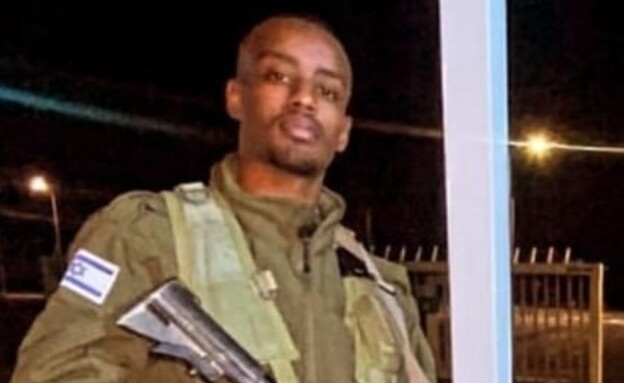The initial investigation revealed the cause of death as the accidental discharge of a fellow soldier’s weapon.
By Batya Jerenberg, World Israel News
IDF soldier Baruch Kabrata, 19, was killed Monday night in a tragic accident on his base, the IDF said in a statement.
The initial investigation revealed that the cause of death was the apparently accidental discharge of a fellow soldier’s weapon, said the army spokesperson’s office, while cautioning that the inquiry has just begun.
Several soldiers were in the room at the time of the incident, and one has been arrested.
“The military police continues to investigate the circumstances of the incident, at the end of which the findings will be submitted to the judge advocate’s office for examination,” the office stated.
A medical team tried to save Kabrata after he was hit, but their efforts came to naught and authorities were forced to pronounce his death.
Kabrata was part of the Erez Battalion of the military police, based at Anatot, near northern Jerusalem. This is the same battalion where Sgt. Noa Lazar had served before she was murdered in a terrorist attack at the Shuafat crossing into Jerusalem almost three months ago.
Gun accidents are an issue the army says it takes very seriously. After a Channel 20 report in March 2021 revealed that that there had been a 58% rise in accidental discharges over the prior year, an IDF spokesperson stated that “weapons are used in the IDF with an emphasis on safety. Every bullet discharge incident is investigated by the IDF and lessons are learned.”
Education is key, the spokesman continued.
“There is a program in the IDF to raise [safety] awareness, educational activities are held and many explanatory activities are implemented on the subject. In the combat units there is a weekly gathering in which incidents and investigations regarding ‘weapons crime’ are discussed. Reviews on the subject are held every half year by the echelon in charge, and evaluations of current conditions are held quarterly, he said.




